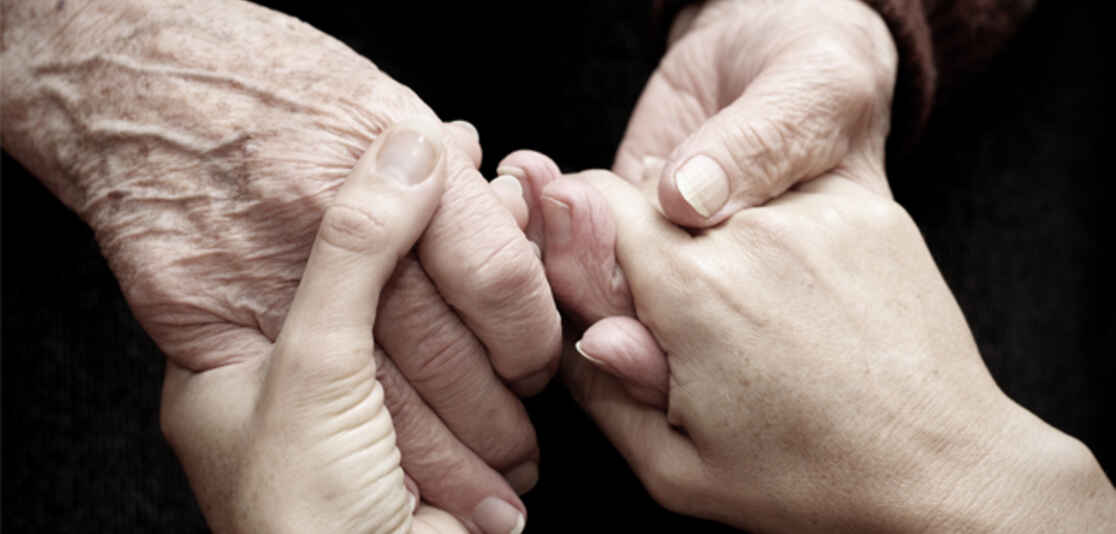Right around the country this week, at dawn services and marches, in pubs, clubs and homes, Australians will have paid tribute to the men and women who fought for their country. The ones who fell on the battlefield and the ones who came home, many to an uncertain future.
Those who’ve fought in any theatre of war seldom return the same men and women who left. Often physically and psychologically damaged, the scars of war can impact upon their well being for years or a lifetime. For these victims of war, coming home is an illusory concept.
Homelessness for many veterans is a way of life. Mental health issues resulting from post-traumatic stress impact upon every facet of their life – the ability to maintain stable relationships, to work, to pick up where they left off.
The scale and cause of the problem remains uncertain, though there is a logical cause and effect. In 2009, the last time the Department of Veterans Affairs conducted a Veterans Homeless Survey, there were 3000 veterans without a home. Given that Australia has sent another 40,000 troops to the Middle East since that time, we should expect the figure to be even higher today.
The challenge of resettling veterans is not a new phenomenon. At the close of World War I the Government established the Soldier Settlement scheme, providing low-cost loans and start-up funds to returned soldiers to acquire and farm small land holdings.
With the promise of a “land fit for heroes” it was viewed as reward for the soldiers’ sacrifice and had the benefit, from a government perspective, of taking damaged and wayward veterans off the streets and out of public view.
While many farms were a success with some even today being worked by families of the veterans, many failed, leaving soldiers and families in debt and further disheartened.
Despite its shortcomings, the scheme was recycled for soldiers returning from World War II, albeit with larger land holdings that held greater potential to succeed than those of 30 years previous.
The problem of homeless veterans of the Vietnam War tended not to manifest itself until some years after their return, the rationale being that many kept themselves together until the fragile veneer covering their fraught existence eventually fell away.
Those who work in veteran support groups predict the same outcomes for veterans of the modern Middle East conflicts, signs of which are beginning to manifest themselves already.
Some are calling on the Australian Government to tackle the problem in a similar fashion to the US where then President Barack Obama committed to end veteran homelessness by the end of 2015. Like many such big aspirations the outcome fell short of the mark however it did succeed in reducing the number of homeless returned service men and women by one third.
In Australia the Commonwealth does provide assistance to current and serving members of the armed forces through the Defence Home Ownership Assistance Scheme but these subsidised loans are intended as a “recruitment and retention” tool, not to meet the short and long term accommodation needs of those veterans who struggle to keep their lives together let alone a mortgage.
RSL Life Care’s Home for Heroes program is a real attempt to provide a holistic solution to the problem for contemporary veterans. Established at Narrabeen the program has since grown, providing accommodation for permanent residents and short-stay crisis help for homeless veterans and their families, along with rehabilitation and an expectation that the beneficiaries will “give back” through volunteer work or mentoring.
But even the best such program can only address a fraction of the problem. More than 67,000 soldiers have fought in the Middle East and the Vietnam vets experience would suggest that of this number, many will experience mental health issues that will result in homelessness.
If we are genuine in our sentiments as the last post sounds, we need to rethink our attitudes to social housing, a subject that seems to bring out the best and worst in so many commentators.
Our society often overlooks or conveniently ignores the many who require supported housing, with some even deriding the “welfare bludgers”. In these days of instant news and social media driven public opinion, it is all too easy to forget that all have a back story - that the alcoholic or the drug addict, the rough sleeper or the family living in a car have reached this low point in their lives through a circuitous journey. For many of them the pivotal chapter that led them to this point was written in service to their country and it is for this reason that we must continue to support those in need.
